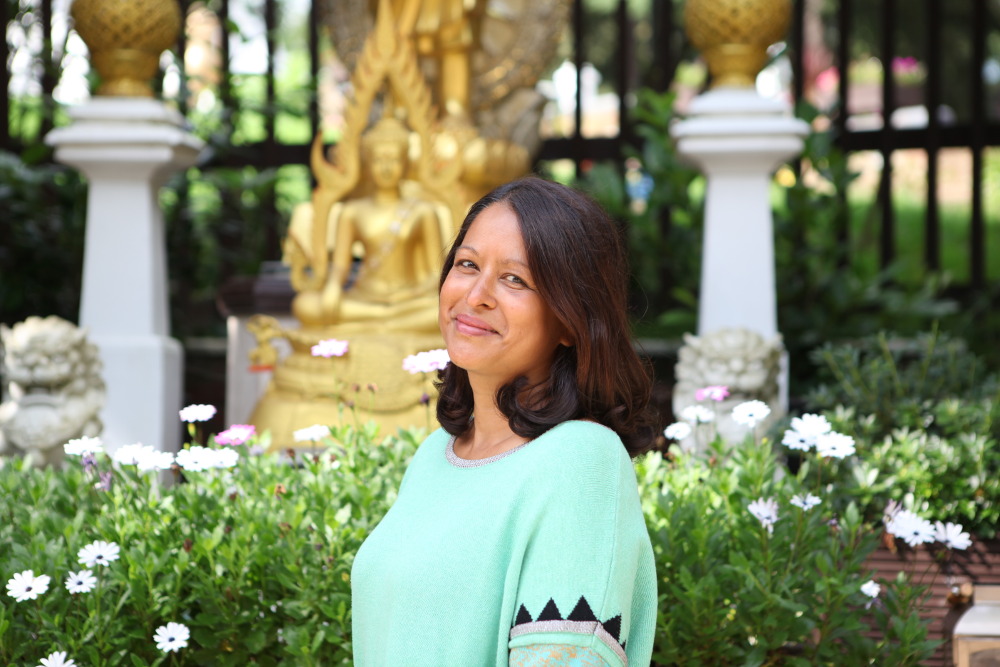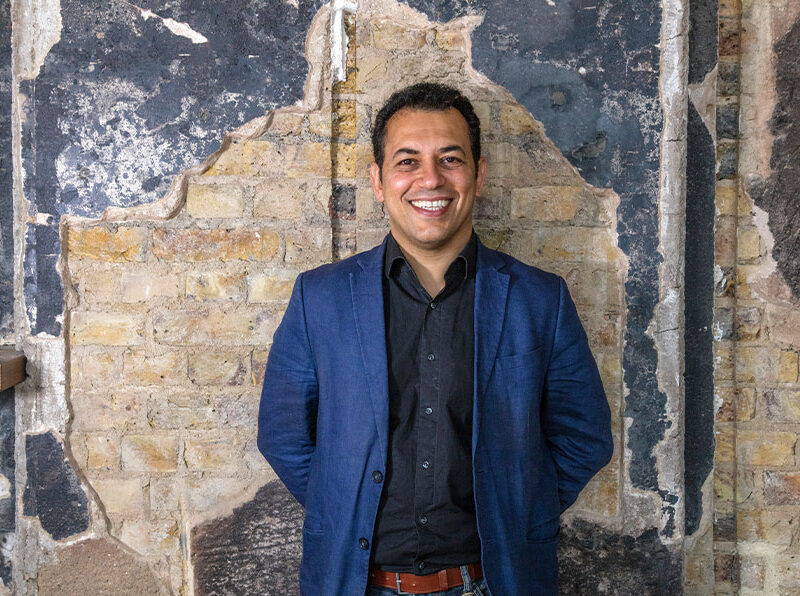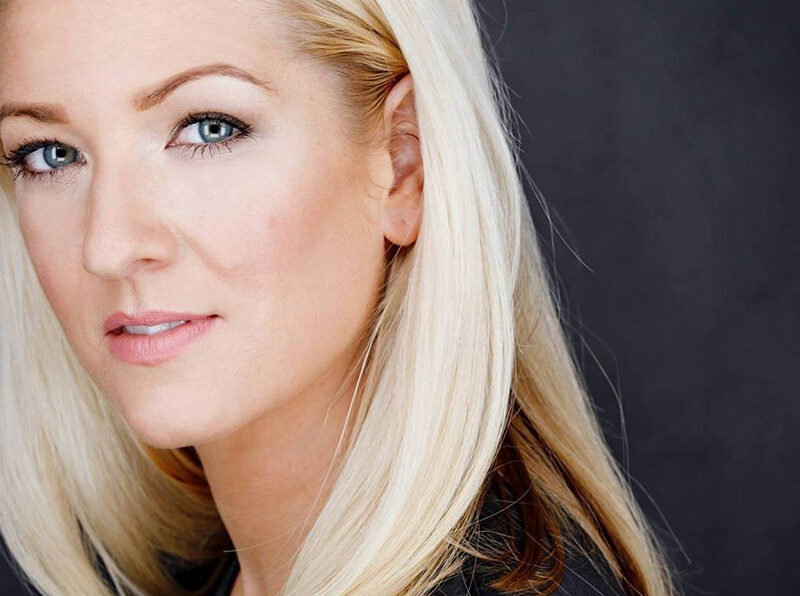
Wimbledon author Jini Reddy
Wimbledon author Jini Reddy
Jini Reddy talks about her quest to form a deeper connection with the landscape, and the local places she loves…
Main image: Jini Reddy, photography by Lucy Kane, on location at Buddhapadipa Temple, Wimbledon
Wrapped up in our phones, social media and modern life, we have lost our connection with the natural world, and yet are surrounded by it. Nature can restore our souls, give us a greater sense of meaning and help us feel more at peace with ourselves.
Travel writer Jini Reddy has explored all the corners of the world, and has found that there is a potent magic to be found in wild, natural landscapes. In her book Wanderland, she set out to explore Britain to see if her country of birth could offer a deeper connection to landscape – the kind she had found while exploring more far-flung places.
The book is part travel writing, part nature-writing and part spiritual memoir. She says: “On my travels around the world, I’ve had opportunities to meet people from indigenous cultures, and I was struck by the way they spoke of experiencing a deep reciprocal, reverential, and profoundly spiritual relationship with the forces of nature. This resonated with me, and I wanted to know if it might be possible for me to experience a glimpse of the world in this way.”
Before writing the book, Jini had immersive experiences when wild camping and fasting on retreats on her own in the Pyrenees and in the Sinai desert. She says she is happy to explore solo and finds it conducive to finding a deeper connection with the land. “I feel supported by the land and when I’m on my own, it’s easier to create that sense of communion with the Divine, whatever you believe that to be.”
In Wanderland, readers follow Jini’s journey – sometimes to dead ends, other times to places where some kind of magic reveals itself. It is not a linear path from A to B but an exploration of land and the psyche. “I was guided through a combination of intuition, deep listening and trust, while paying attention to signs and the unfolding of synchronicities – as well as plain old research and Googling!” The book has been a big hit and Jini was asked to deliver the inaugural Jan Morris Lecture at the Hay Literature Festival. Wanderland was shortlisted for the Stanford Dolman Award for Travel Book of the Year, as well as for the Wainwright Prize.
Wanderland was released at an apt time at the beginning of the pandemic, when many people started questioning everything they thought they knew about life – and, of course, just as we all headed out on our daily walks for exercise and to clear the mind. Fortunately, we are blessed in south west London and Surrey with magical green spaces. And Jini’s book includes some local highlights.
Born in Wimbledon to Indian parents who had left apartheid South Africa, she lived here until she was seven before the family moved to Canada, and she returned to her birthplace 20 years ago. She adores the area and delighted in finding new places during lockdown, as well as exploring old favourites. “I love Cannizaro Park when the flowers are in bloom, and exploring the wooded area there. I love Wimbledon Common. This year I discovered Queensmere Pond for the first time. I hadn’t even known it existed. “I also discovered Fishponds Wood Nature Reserve and I love cycling through there and through Richmond Park to Terrace Gardens in Richmond.”
And her favourite places to refuel? “LuMa, Café Mori, Caffe Nero in Elys, and 601 Queens Rd are my favourite coffee and lunch hangouts in Wimbledon town centre. Other places I love include Wimbledon Books and Wimbledon Waterstones – both of which have signed copies of Wanderland! And, of course, Wimbledon library, which has been incredibly supportive and where I sat and wrote some of the book.”
Next for Jini, she hopes, is another new book. She also works with writers, offering one to one mentoring, and helping to demystify the publishing process. Her tips for aspiring writers? “It’s hard to sit down and just start writing, but you have to allow yourself to write rubbish on the page – so you’ve actually got something to edit – and then you edit, and re-edit and re-edit. Writing is re-writing. Never think your first draft is something to send off.”
After her quest, does Jini think it is important that we find some sort of spirituality in our daily lives, whether we are religious or not? “It depends on your perspective. Everybody sees the world differently. But we live in a time where we are intensely connected to social media. I am too. However, I think we need to remember we are the human aspect of the natural world and so we need to regain that connection and that dialogue. As for spirituality, there are ways of perceiving and being, and knowing, that have long been excluded from mainstream Western ideas. But that doesn’t make them any less valid. There’s a logic of the mind and then there’s a logic of the heart, and I think they’re both equally valid.”
Amazing walks in Wimbledon






